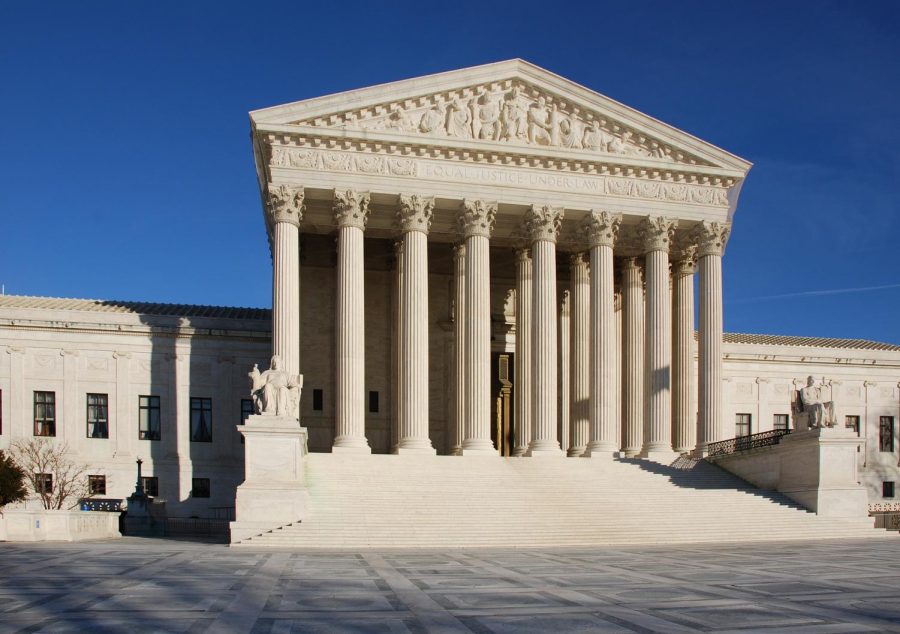Supreme Court Ruling Shakes Up NCAA’s Business Model
June 28, 2021
College athletics has been and still is a major part of the college experience. Whether it’s going to football games or gymnastics meets, the student body enjoys the competition and comes together, united, to root for the student-athletes to beat the opposing team while watching their fellow students use their athletic craft.
The student-athletes use this opportunity to continue their sport, compete in front of crowds, travel to other schools and so much more. Still, athletes are not able to profit off of their name, image or likeness that they receive from any company or outside job.
This has caused a lot of controversy in the athletic world since football and basketball players are used to sell tickets, video games and jerseys. Universities profit off of these sales without student-athletes receiving any of the profits, even though being a student-athlete is like a full-time job.
The recent Supreme Court ruling of National Collegiate Athletic Association v. Alston now allows student-athletes to receive compensation for education-related benefits. This means that student-athletes are now allowed to receive benefits like graduate school tuition, more study abroad opportunities, tutors, computers and anything related to educational performance.
This ruling has shaken up the college athletic world because the NCAA is a giant corporation that has been getting away with some of these rules for a long time. The NLI, or National Letter of Intent, is a contract that every student-athlete signs which forces them to remain as amateur athletes, meaning they can not accept any outside money from sponsors or endorsements, in exchange for a free college education.
Up until recent times, this has been a fair deal, because college is extremely important to a person’s education. The NCAA can change people’s lives by helping students receive an athletic scholarship who may not have had the opportunity otherwise.
In recent times, social media platforms have become an asset for individuals to build their brand and use their voice. However, student-athletes are not able to endorse, become sponsored, or get compensated for anything that uses their name, image and likeness.
Several states have passed laws, that will become effective July 1, now allowing student-athletes to start to profit off of their name, image and likeness. The NCAA has not explicitly said anything about changing the NLI rule across the board.
This recent court ruling may be somewhat shocking to others, but athletes like myself have been working and fighting to use our voice to make a name for ourselves. This ruling shows how much of a corporation the NCAA is, and how they make millions and millions of dollars off of student-athletes.
The court ruling was vague and leaves a lot of questions as to what this means for the future. The NCAA may come out with new rules that would allow athletes to start profiting off of themselves based on tickets being sold, jerseys or anything else that has their name on it associated with the university they represent, or this may be changed on the federal level. This also leads to more questions in terms of athletes remaining in an amateur status.
While there are a lot of questions that will only be answered in time, this ruling is the first step to giving athletes more of a voice within the athletic world. It gives student-athletes the chance to push forward to change that rule, allowing student-athletes to start to profit off of themselves. Whether that takes the form of building a brand on social media, their name being sold on jerseys, or being put in video games — they can earn money. The court ruling gives all student-athletes hope that there will be a time where athletes are able to profit off of their name, image and likeness.








